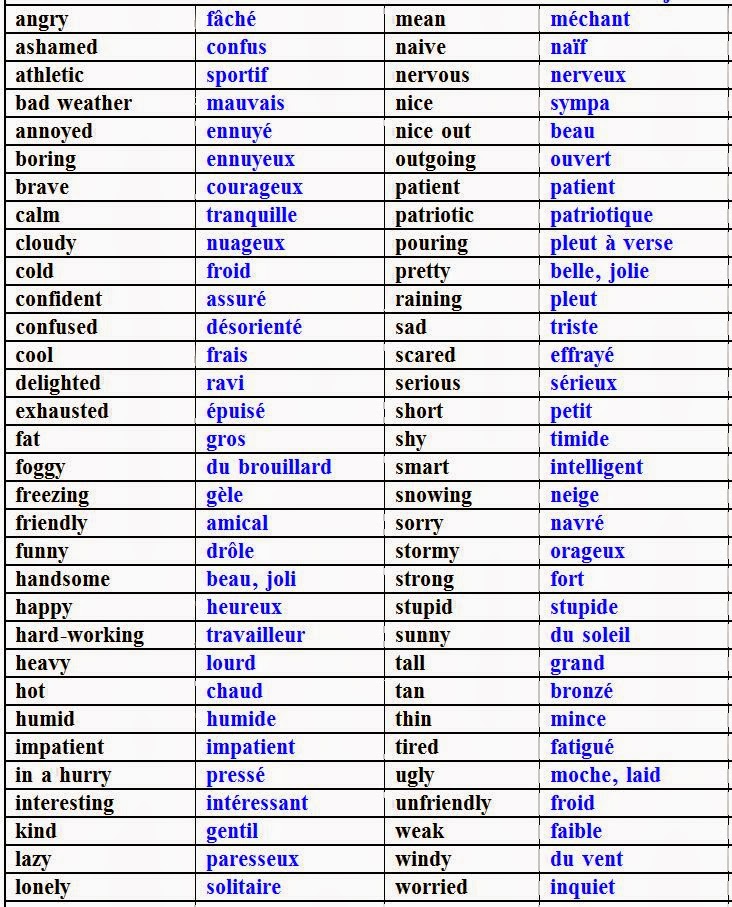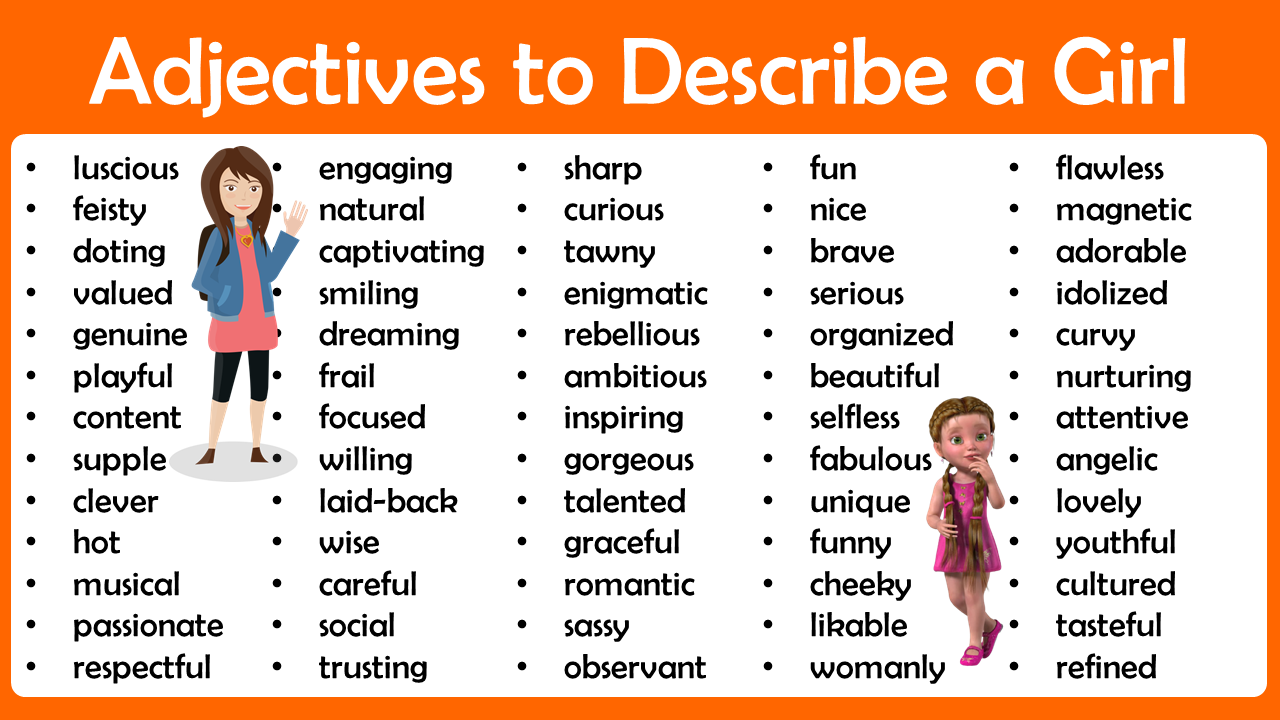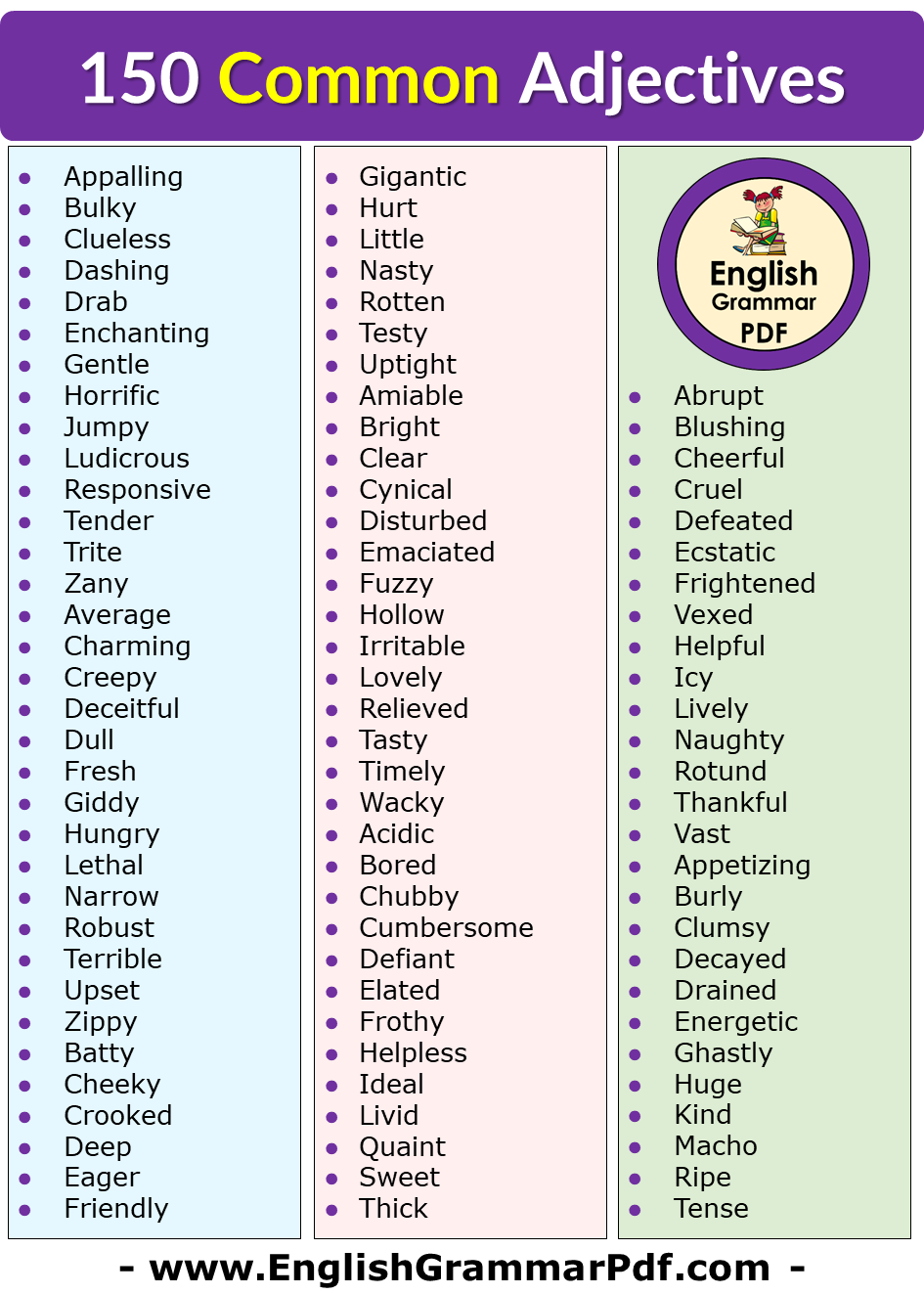Getting The Adjective Usage and Examples - Grammarly To Work

Indicators on Food Adjectives: How to Describe Your Food - FLS Online You Need To Know
Adjective use advice We'll end with a couple of words about adjectives and style. It's something to understand how to use an adjective; it's another to know when using one is a great idea. Great writing is exact and concise. Often, you need an adjective to communicate precisely what you suggest.

Is it a huge house, or is it an estate? A big crowd, or a throng? Try This mixed-breed pet dog, or a dog? A dark night, or just. night? Always remember to make every word count in your writing. If you require an adjective, use it. But if it's not pulling its weight, delete it.
Descriptive words like "stunning," "smooth," or "heavy" are all adjectives, as are numbers (" twelve eggs"). Adjectives modify nouns, while adverbs modify adjectives and other adverbs. For instance, in the phrase "uproarious motion picture," funny is an adjective explaining the noun movie, and very is an adverb describing the adjective funny.

13 Most Common Types Of Adjectives - Thesaurus.com
Only adverbs can modify other adverbs.

Adjectives starting with A -Positive adjectives with A to describe a Person - MechMass

A Crash Course in How Adjectives Work in Spanish Language - Wyzant Blog
Top Guidelines Of What are adjectives? - BBC Bitesize
Part of speech that explains a noun or pronoun In linguistics, an adjective (abbreviated) is a word that modifies a noun or noun expression or describes its referent. Its semantic role is to alter details given by the noun. Generally, adjectives were thought about among the primary parts of speech of the English language, although traditionally they were classed together with nouns.
Some examples: Etymology [modify] Adjective comes from Latin, a calque of Ancient Greek:, romanized:, 'extra noun' (whence also English ). In the grammatical tradition of Latin and Greek, since adjectives were inflected for gender, number, and case like nouns (a procedure called declension), they were thought about a kind of noun.
The terms noun substantive and noun adjective were previously used in English but are now outdated. Kinds of use [edit] Depending on the language, an adjective can precede a matching noun on a prepositive basis or it can follow a matching noun on a postpositive basis. Structural, contextual, and design factors to consider can impinge on the pre-or post-position of an adjective in a provided instance of its event.
